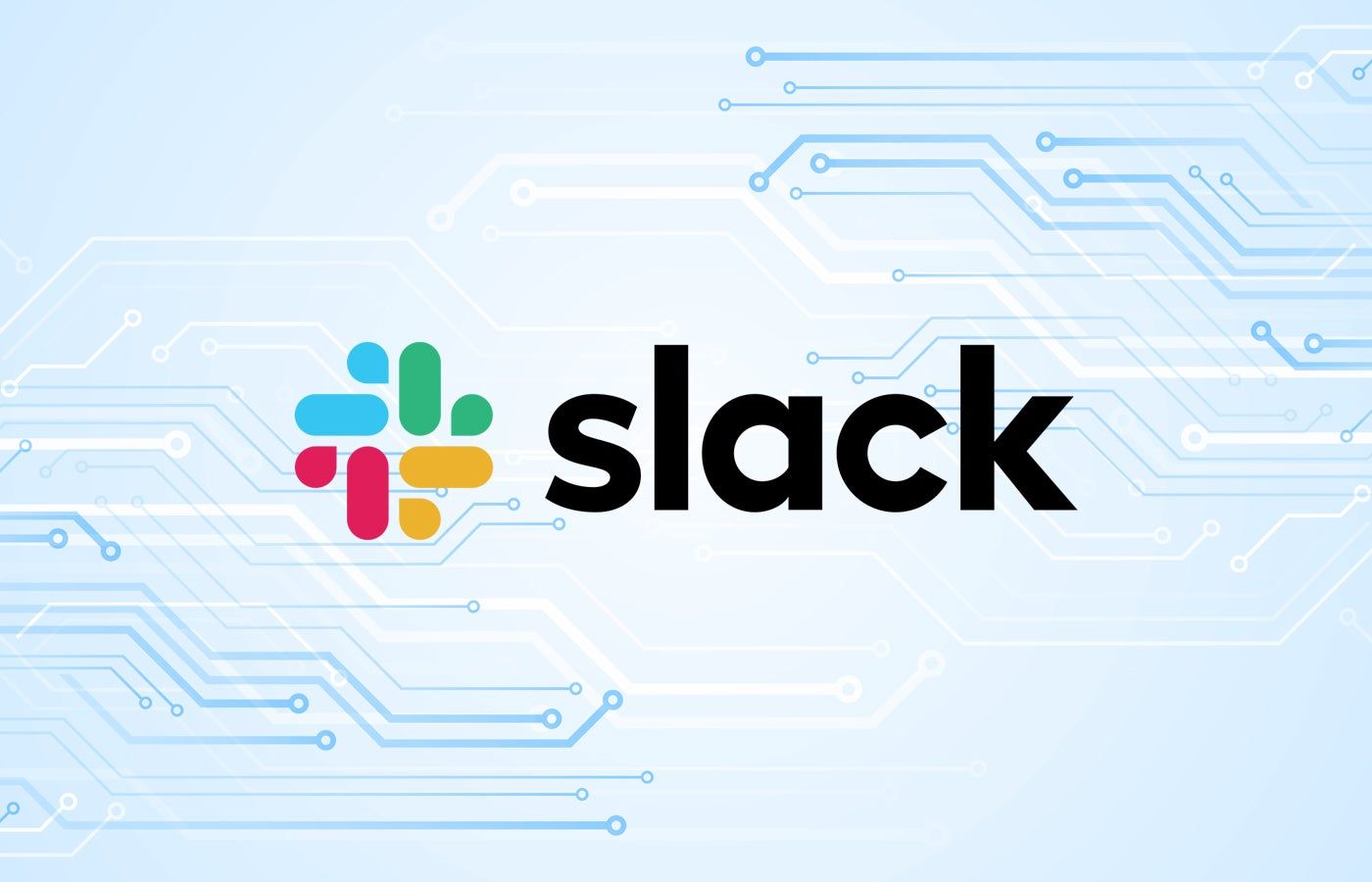Slack announced on September 16 the launch of several new artificial intelligence features, productivity tools, and ways to connect to Salesforce CRM.
These updates reflect Slack’s rapid pace in introducing AI-powered features, most of which focus on text summarization. AI search and summarization first appeared on the messaging and productivity platform in February, followed by automated workflow builders in August.
Slack AI is available now, for an additional $10 per user, per month on top of Slack Pro and Business+ plans, or priced based on Slack Enterprise contracts.
Salesforce’s Agentforce (formerly Einstein Copilot) beta will be available in Slack in October.
“AI presents a lot of opportunities, but we also believe it presents some risks, because if not executed correctly it could create even more chaos and further delay people from getting their jobs done,” James Lancaster, vice president of AI and search at Slack, told TechRepublic.
Overall, Slack’s goal is to eliminate “low-value tasks” and make it easier to search through the vast number of apps and services employees may use during their workday. New AI features and integrations aim to alleviate the “context switching” challenges employees face when their tools don’t interact with each other seamlessly, Lancaster said.
Slack is taking a two-pronged approach:
- Add AI agents.
- Using generative AI natively (Slack AI).
The Agent Framework integrates closely with Salesforce, which is also promoting its Agentforce initiative during this year's Dreamforce conference season.
Slack's AI roundup expands
Slack meetings, search, and Workflow Builder will now feature AI capabilities. During meetings, Slack will generate a sidebar with an automatically generated transcript and notes.
AI features in Search will be enhanced to include files, such as videos, Canvas, Google Docs and other connected apps. Customers have been asking for more access to context and files, Lancaster said. Those new files will be used when Slack's AI crafts its response to the search query.
SEE: Generative AI can generate buggy code that causes business downtime, Sonar CEO says.
AI agents from organizations like Adobe Express, Asana, Box, Cohere, Workday, and Writer will enable conversations to seamlessly extend across multiple applications. Customers can create their own agents with their custom language models.
Slack has not specified which company AI models it uses, typically referring to them as “third-party LLMs” hosted on AWS.
Additionally, Slack AI is coming to Workflow Builder, a tool for automating processes. This means that workers will be able to use natural language to create a workflow.
“We sit down with clients and what we hear is that prayer is really the starting point for how they think about what they would build,” Lancaster said.
New productivity tools bring Slack and Salesforce even closer together
Salesforce also announced the launch of two new AI-free productivity tools:
- Salesforce Channels: Bring CRM information into Slack, which can be accessed via Slack or Salesforce.
- Slack Templates: Integrate different types of Slack modules and simplify specific tasks or needs.
Salesforce Channels will be integrated with Salesforce Starter Suite in the coming months. Slack templates will be available in October.
“We're seeing customers combine workflows, lists and canvases to really automate business processes and save their employees time,” Lancaster said.











